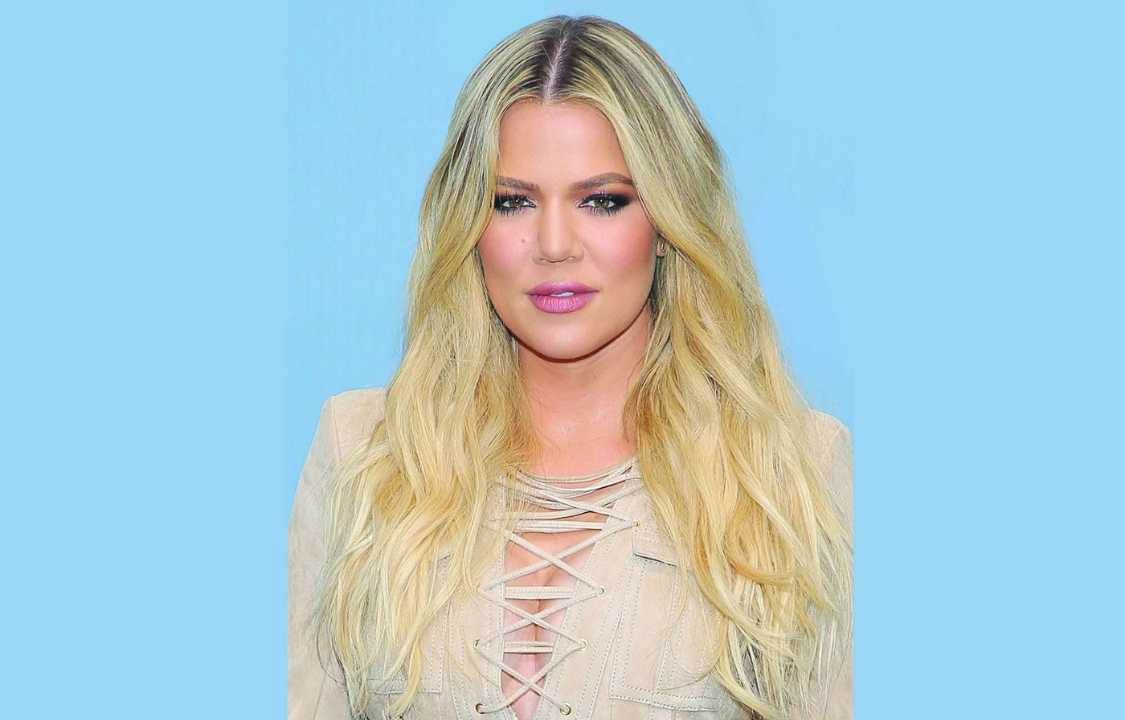Insight
Why Khloé Kardashian Should Stop Using the Term ‘Khlo-C-D’
No, KK, being super organized isn’t the same as having a real mental health disorder.
In recent headlines, Khloé Kardashian, the renowned reality TV star and influencer, has announced a new series of posts on her app, aptly named “Khlo-C-D Week.” In this series, she intends to share what she calls “lazy-girl hacks for cleaning everyday objects” and divulge “major secrets to staying organized.” Furthermore, she’s promoting an accompanying quiz with the question, “Are you as Khlo-C-D as me?! Or are you messy AF?” These posts have garnered significant attention, sparking both enthusiasm and controversy among her fans and followers.
The controversy stems from Khloé’s playful use of the term “OCD,” a shorthand for obsessive-compulsive disorder. While her intention was likely to reference her meticulous organizational skills, the use of this term has triggered a strong response from individuals and experts alike who argue that it trivializes and misrepresents the serious nature of OCD.
To gain a deeper understanding of the issue, we reached out to Dr. Steven Meyers, a distinguished clinical psychologist at Roosevelt University with expertise in family relationships. Dr. Meyers concurs that there is a common misconception between neatness and OCD, but he emphasizes that this doesn’t make the casual use of the term acceptable.
Unraveling Obsessive-Compulsive Disorder (OCD)
OCD is a complex mental health condition that extends far beyond a proclivity for cleanliness or meticulousness. Dr. Meyers clarifies that a clinical diagnosis of OCD involves more than just tidiness—it encompasses a range of debilitating symptoms. The disorder comprises two distinct components: obsessive thoughts and compulsive behaviors.
Obsessive thoughts are persistent, distressing, and uncontrollable mental intrusions. These thoughts can take various forms, such as fears of contamination, concerns about safety, or other intrusive worries. Compulsive behaviors, on the other hand, are rituals or actions that individuals with OCD perform to alleviate the distress caused by their obsessive thoughts. Importantly, these behaviors are often irrational and excessive and can consume a significant portion of the individual’s daily life.
For individuals living with OCD, these compulsions can be time-consuming, requiring an hour or more each day. They may involve actions like excessive hand washing, repeated checking of locks or appliances, or painstakingly organizing objects. However, it is essential to recognize that individuals with OCD do not engage in these behaviors out of enjoyment or preference. Instead, they are driven by an urgent need to alleviate the distress caused by their obsessive thoughts.
The Severity and Impact of OCD
One critical point made by Dr. Meyers is the substantial difference in severity between an individual who enjoys organizing their closet meticulously and someone diagnosed with OCD. While it’s not uncommon for people to have some degree of obsessive or compulsive tendencies, the intensity and intrusiveness of these symptoms in individuals with OCD are profoundly different.
The true concern arises when these symptoms interfere significantly with daily functioning, relationships, and overall quality of life. Dr. Meyers stresses that if obsessive-compulsive symptoms create distress, impair relationships, hinder job performance, or lead to day-to-day difficulties, it is essential to seek help from a healthcare professional or a mental health expert.
The Complex Influence of Family and Environment
Khloé Kardashian attributes her hyper-organized personality to her mother, Kris Jenner, implying that her mother’s influence played a significant role in shaping her organizational tendencies. Dr. Meyers acknowledges that parents can indeed instill traits like neatness or meticulousness in their children. Children often model their behavior after their parents’ habits, which can include organizational skills. However, he also highlights that this isn’t always the case, as some children may reject such tendencies as they grow up and establish their own households.
Moreover, it’s worth noting that OCD sometimes runs in families. Research suggests that genetics and environmental factors can contribute to the development of the disorder. Individuals with a family history of OCD are nearly five times more likely to have the condition themselves. However, OCD can also be triggered by traumatic experiences or develop without a known cause.
The Impact of Casual Use of “OCD”
Returning to the core issue, Khloé Kardashian’s repeated use of the term “OCD” to describe her organizational tendencies has ignited controversy. While her intention may have been lighthearted, it has inadvertently hurt and frustrated many individuals who live with the actual disorder. Dr. Meyers underscores that this casual usage can be invalidating to those genuinely struggling with OCD.
Comparing it to other mental health conditions, he draws a parallel: “It’s like confusing somebody who has the blues with someone whose depression is so severe they can’t get out of bed.” Using terms like “OCD” inappropriately can perpetuate misunderstandings and trivialize the profound challenges faced by individuals with the condition.
A Call for Precision in Language
In conclusion, Dr. Meyers suggests that Khloé Kardashian’s personality and organizational tendencies could be more accurately described using terms like “meticulous” or “hyper-organized.” Instead of using “OCD” casually, which can unintentionally marginalize those genuinely grappling with the disorder, employing precise language can foster empathy and understanding.
Ultimately, Khloé’s choice of terminology highlights the importance of using language carefully, especially when discussing mental health conditions. Words have the power to shape perceptions and influence attitudes, and choosing them thoughtfully can contribute to a more informed and compassionate society.
In light of this controversy, it serves as a reminder that promoting mental health awareness and understanding should be a collective effort, one that strives for precision, empathy, and respect in our conversations about mental health issues.

